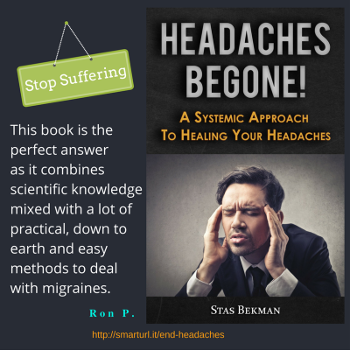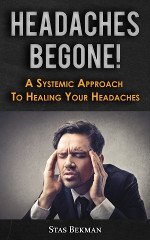Gas Killed 115 Moscow Hostages
Gas killed 115 Moscow hostages
From: http://edition.cnn.com/2002/WORLD/europe/10/27/moscow.deaths/index.html
Sunday, October 27, 2002 Posted: 7:40 PM EST (0040 GMT)
MOSCOW, Russia (CNN) -- The 115 hostages killed in the raid that ended a three-day Moscow theatre standoff died of health problems stemming from the gas used, the city's chief doctor has said.
The mystery gas was pumped into the building through the air ventilation system to "neutralise" the Chechen rebels captors before special Alpha anti-terrorist forces stormed the building on Saturday.
All of the 50 hostage-takers, who had been holding about 800 captives to back their demands for the withdrawal of Russian troops from their breakaway republic, died in the raid including their leader.
But Moscow's chief doctor, Andrei Seltsovky, said on Sunday that 63 of the male hostages and 54 female hostages also died. A further 150 are in critical condition more than 36 hours after they were released early Saturday.
The gas caused intense drowsiness, according to the released hostages, and many were seen having to be carried from the building.
"When the raid started, they let the gas out," one former hostage said. "People were fainting. No one could even think straight."
Russian authorities have not released the name of the gas used, but medical officials say it is a drugging agent used for anaesthesia before surgery. The gas can cause complications with lung, heart, liver, and kidney functions, medical officials added.
The people in the theatre were already weakened from lack of movement, exhaustion and hunger, making them more susceptible to those complications, medical officials said.
The gas prevented the hostage-takers from triggering the arsenal of weapons they had stored in the theatre.
The lack of information has hampered medical treatment of the 650 former hostages taken to the city's hospitals, health authorities say.
Two of the 71 non-Russians former hostages have died, including a Dutch woman and an Austrian woman, though the circumstances are unclear.
Two other hostages were killed by their captors before the raid -- a woman shot on the first day of the standoff and a man gunned down just before Russian forces stormed the theatre.
Russian President Vladimir Putin went on television to praise the special forces "for doing the impossible -- that is to save lives of hundreds," and to apologise to those families whose relatives died. Monday will be a national day of mourning, he said.
But CNN's Mike Hanna said "mounting anger" was being felt in Russia, especially among relatives gathering outside the hospitals unable to find out details on the condition of their loved ones.
'A lot of blood'
Details of the run-up to the special forces bursting into the theatre became clearer on Sunday.
A reporter for the Interfax news agency, Olga Chernyak, who was among the hostages, was quoted by Interfax as saying: "We were all waiting to die. We understood that they would not let us out alive."
She added that two hostages were shot in response to a young boy having a tantrum and running for the exit.
"He dashed towards the exit, shouting: 'Mummy, I don't know what to do.' They opened fire on him, but missed and hit seated people instead," she told Russian television from her hospital bed late on Saturday.
Putin called the operation on the theatre part of the international fight against terrorism.
"We have proven that Russia will not fall to its knees."
A senior envoy to Chechnya's rebel president on Saturday condemned the siege.
Akhmed Zakayev, an envoy of elected Chechen leader Aslan Maskhadov, told Reuters: "We cannot come down to the level of our opponents, targeting innocent people," alluding to alleged human rights abuses by Russian forces in Chechnya.
The audience had arrived at the theatre to see "Nord Ost," a popular production of a classic Russian musical, when the rebels suddenly took over the building during the second act last Wednesday evening.
Russian forces withdrew from Chechnya after a 1994-96 war but they returned in 1999 and have since occupied most Chechen territory.
Moscow blames Chechen militants, who say they are fighting for independence, for a series of bombings in Russia that killed more than 300 people.




